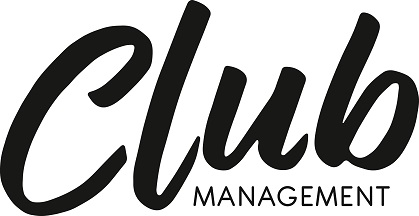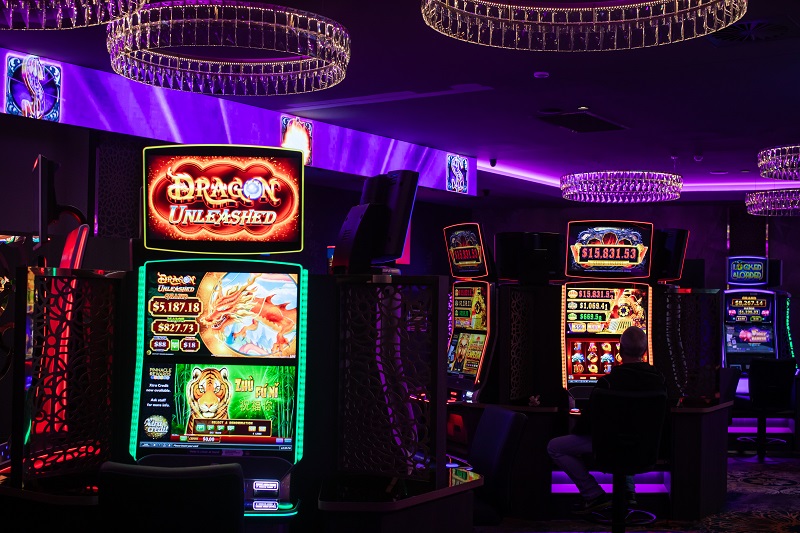The Greens has introduced the Gaming Machines Amendment (Mandatory Shutdown Period) Bill 2025 to parliament that would require all New South Wales pubs and clubs shut down their poker machines between midnight to 10am.
Under current laws, poker machines are required to be shut down between 4am and 10am each day.
“By law, poker machines are supposed to be switched off from 4am-10am every day, because that’s when the risk of gambling harm is highest. But around 674 venues, or one in five, are exploiting loopholes to allow them to operate through the mandated shutdown period, including some of the state’s most profitable venues claiming so-called ‘hardship’ exemptions,” Greens gambling harm reduction spokesperson Cate Faehrmann said.
“A fully mandatory shutdown period is one of the simplest things we can do to reduce the harm poker machines cause.”
However, in an interview with 2GB, ClubsNSW CEO Rebecca Riant has completely rejected the proposal, citing that it’s a “one-size-fits-all instrument that’s had zero industry consultation” and saying that “it’s akin to the lockout laws that destroyed the hospitality industry”.
“It is a massive overreach,” she said.
“It feels like policy prepared by wowsers and prohibitionists from the inner city with a one-size-fits-all approach but seems to also differentiate blue-collar workers from white-collar workers, and what they’re entitled to do with their entertainment dollar in their time late at night.”
According to the Faehrmann, the Bill delivers on a key recommendation made by the Independent Panel for Gaming Reform.
Riant believes the best approach for industry is a holistic policy reform package.
“Gaming reform has been kicked around by various government for a number of years, and we need a holistic reform package that takes into account employment, economy, community amenity, and also takes into account harm minimisation,” she said.
She continued, saying: “If the Greens were really serious about addressing problem gambling, the Bill should not exclude casinos that have a propensity for harm that is twice that of clubs. And don’t get me started on online gaming that have a propensity of five times that of poker machines in club venues.”
The NSW government also opposes the Bill from the greens, according to a spokesperson for the Minister for Gaming and Racing David Harris.
“The Coalition is divided while the Liberals are again in bed with the Greens, on this Bill,” the spokesperson said.
“What the Bill proposes is a blunt instrument that industry estimates suggest could impact more than 5,000 jobs at over 800 venues.”
The spokesperson also added the government continues to “closely consider” the Independent Gaming Reform Panel’s roadmap report, which it will “respond to in due course”.
Club Management has reached out to the Coalition for further comments.
Road to vibrancy
The introduction of the gaming machine amendment Bill comes as NSW government introduces the third tranche of vibrancy reforms to parliament, aimed to increase patron and worker safety and revitalise the state’s night-time economy.
Under these changes, NSW venues can keep an intoxicated patron on the premises and actively monitor them while transport or medical assistance arrives based on their discretion. This will be a major shift where venues are currently required under the Liquor Act to immediately remove intoxicated patrons.
“This is a practical step because often the most dangerous place an intoxicated person can be is out on the street late at night. Inside the venue is often much safer and this common-sense change will give operators the ability to look after them until transport or medical attention arrives,” Minister for Music and Night-time Economy John Graham said.
“There’s no vibrancy without safety. So as we increase vibrancy it’s imperative we also improve safety and this measure will protect people when they’re at their most vulnerable.
“We’ve had venues pleading with us to change this law so they can keep their patrons safe. This will allow venues to establish their own measures to help intoxicated patrons get home or medical help.”
ClubsNSW has welcomed these latest reforms, saying it will ensure clubs can continue to protect the most vulnerable, without risk of losing their licence.
“As community hubs, clubs have always prided themselves on providing patrons with the safest hospitality venues within which to enjoy themselves,” Riant said.
“Clubs have also long served as havens for at-risk people during times of crisis, including natural disasters.”
Venues, however, must still adhere to harm minimisation requirements, including prohibiting intoxicated patrons from entering gaming areas or being served additional alcohol.
Other measures in the third tranche of vibrancy reforms include:
- Making extended trading hours incentives more accessible for regional venues.
- Streamlining the process for venues to have outdated license conditions removed, so they can more easily program live music and entertainment.
- Encouraging the ‘weekend away’ and supporting tourism by allowing Special Event Extended Trading for up to 24 hours prior to an event.
- Diversifying night-time offerings by allowing venues that provide entertainment such as pool tables, jukeboxes and amusement machines to apply for an on-premises liquor licence.
Liquor & Gaming NSW said it will work with the hospitality industry to ensure appropriate measures are in place and will support venues to provide advice and guidance to staff and management.
Updated 23 October, 4.03pm AEDT: Comments from NSW government about the Greens’ Bill added.

